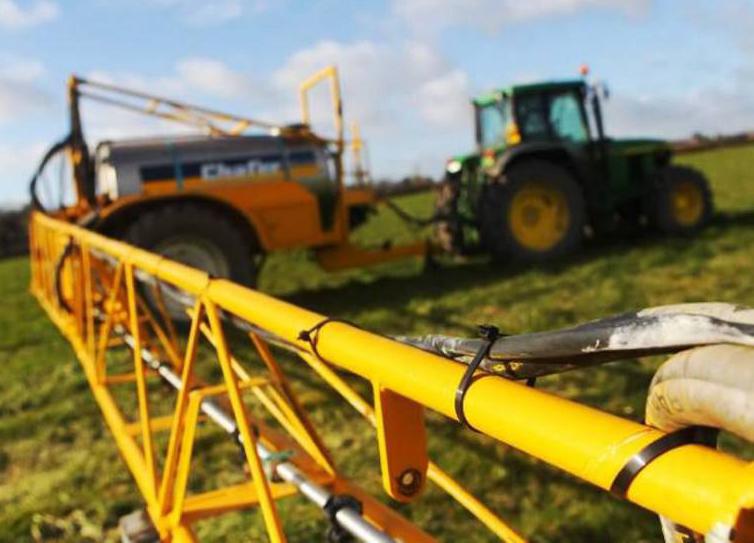A joint meeting of the UN’s Food and Agriculture Organisation (FAO) and the World Health Organisation (WHO) has concluded that “glyphosate is unlikely to pose a carcinogenic risk to humans from exposure through the diet”.
The overall weight of evidence indicates that ingesting glyphosate and its formulation products at doses as high as 2,000mg/kg body weight, the route most relevant to human dietary exposure, was not associated with genotoxic effects in an overwhelming majority of studies. These were conducted in mammals, a model considered to be appropriate for assessing genotoxic risks to humans – the risk that DNA is altered, resulting in cancer. As a result, the reports states that “glyphosate is unlikely to be genotoxic at anticipated dietary exposures”.
EU vote scheduled this week
The statement comes one day before the European Commission’s Standing Committee on Plants, Animals, Food and Feed (PFAFF) is scheduled to vote on the controversial relicensing of glyphosate.
The current glyphosate licence is to expire in June and the ingredient has proved controversial.
In 2015, a study also by the WHO declared that the herbicide solution “probably caused cancer”, a claim now disputed by another department of the same organisation.
At the time, the cancer agency of the WHO said the active ingredient in the world’s most popular herbicide was “classified as probably carcinogenic to humans”. The report also claimed the weedkiller had been detected in food, water and in the air after it had been sprayed.
MEPs favour shorter licence
The European Parliament last month voted in favour of allowing the use of glyphosate for a shorter period of time. This would result in a seven-year licence renewal as opposed to a 15-year period, as originally proposed by the European Commision.
A number of countries led by France oppose the re-authorisation of the chemical by the PFAFF committee.
Read more
Full coverage: glyphosate
A joint meeting of the UN’s Food and Agriculture Organisation (FAO) and the World Health Organisation (WHO) has concluded that “glyphosate is unlikely to pose a carcinogenic risk to humans from exposure through the diet”.
The overall weight of evidence indicates that ingesting glyphosate and its formulation products at doses as high as 2,000mg/kg body weight, the route most relevant to human dietary exposure, was not associated with genotoxic effects in an overwhelming majority of studies. These were conducted in mammals, a model considered to be appropriate for assessing genotoxic risks to humans – the risk that DNA is altered, resulting in cancer. As a result, the reports states that “glyphosate is unlikely to be genotoxic at anticipated dietary exposures”.
EU vote scheduled this week
The statement comes one day before the European Commission’s Standing Committee on Plants, Animals, Food and Feed (PFAFF) is scheduled to vote on the controversial relicensing of glyphosate.
The current glyphosate licence is to expire in June and the ingredient has proved controversial.
In 2015, a study also by the WHO declared that the herbicide solution “probably caused cancer”, a claim now disputed by another department of the same organisation.
At the time, the cancer agency of the WHO said the active ingredient in the world’s most popular herbicide was “classified as probably carcinogenic to humans”. The report also claimed the weedkiller had been detected in food, water and in the air after it had been sprayed.
MEPs favour shorter licence
The European Parliament last month voted in favour of allowing the use of glyphosate for a shorter period of time. This would result in a seven-year licence renewal as opposed to a 15-year period, as originally proposed by the European Commision.
A number of countries led by France oppose the re-authorisation of the chemical by the PFAFF committee.
Read more
Full coverage: glyphosate






 This is a subscriber-only article
This is a subscriber-only article










SHARING OPTIONS: